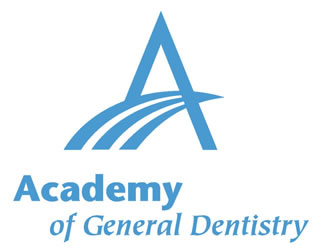Fact Sheet: Allergies and Dentistry
An Allergic Reaction
Allergic reactions are sensitivities to a specific substance, called an allergen, that makes contact with the skin or is inhaled into the lungs, swallowed or injected. Some allergic reactions are mild, while others can be severe and life-threatening. Allergic reactions often occur more frequently in people with a family history of allergies. Substances that don’t bother some people (including certain medications) can trigger allergic reactions in others.
What Might Cause An Allergic Reaction in the Dental Office?
Allergic reactions that occur in the dental office may be caused by materials or medications. These allergens may include:
Latex
Latex can be found in many medical or dental supplies and devices, such as masks, gloves, and syringes. Unlike some consumer goods made from synthetic latex, natural rubber latex is derived from a milky substance found in rubber trees. Some individuals have developed hypersensitivity to proteins derived from natural rubber latex, which can cause allergic reactions. If you are allergic to latex, ask your dentist if he or she has latex-safe products available for use during a dental procedure or surgery.
Local Anesthetic
Local anesthetics are used to numb your mouth and gums when you undergo certain dental treatments. Although allergic reactions to local anesthetics are rare, they can occur. If you have had reactions to local anesthesia in the past, be sure to tell your dentist before you undergo any treatment. Your dentist can find alternative ways to anesthetize you to prevent any adverse reactions.
What are the Symptoms of an Allergic Reaction?
A person who is allergic can experience a range of symptoms, including itchy, swollen eyes; a runny nose; and sneezing. Hives, dermatitis (skin rash), and asthma also are common reactions. The most severe allergic reaction is the potentially fatal condition known as anaphylactic shock, which is characterized by the following symptoms: generalized flushing of the skin; hives; mouth and throat swelling; difficulty in swallowing or speaking; changes in heart rate; abdominal pain; nausea and vomiting; anxiety; a sudden feeling of weakness (due to a drop in blood pressure); and unconsciousness.
If you have allergies, be sure to tell your dentist and dental staff, and make sure that the information is included in your patient chart.
What Should I Do If I Am Allergic?
If you have allergies, be sure to tell your dentist and dental staff, and make sure that the information is included in your patient chart.
If you have had severe allergic reactions, you should consider carrying an epinephrine kit (EpiPen®) and use a medic alert bracelet that clearly states your allergy. You also may want to carry a letter of explanation from your physician.
If you have allergic symptoms following a dental procedure, consult your dentist and physician immediately.
If you experience a severe allergic reaction after a dental procedure, you should go immediately to the hospital emergency department where you can be closely monitored and treated.
If you have questions about allergies and allergic reactions, talk to your dentist.

